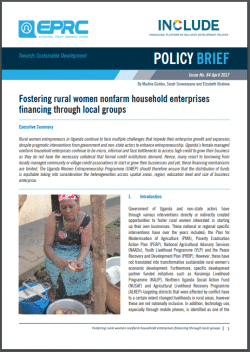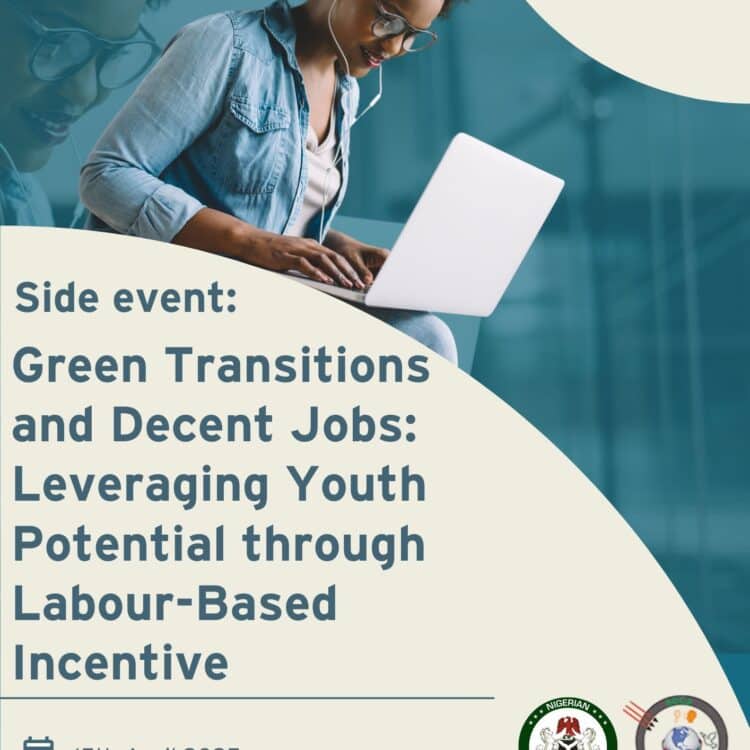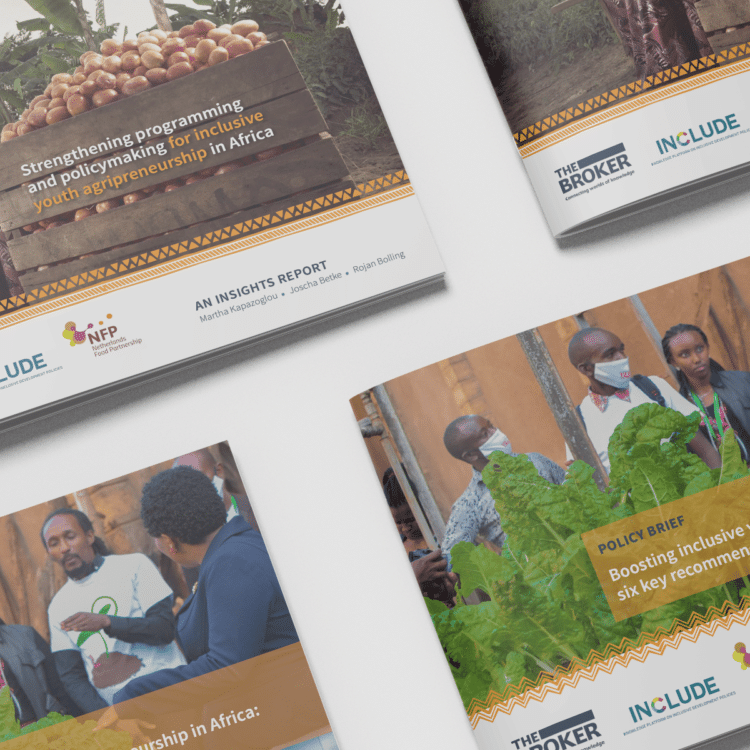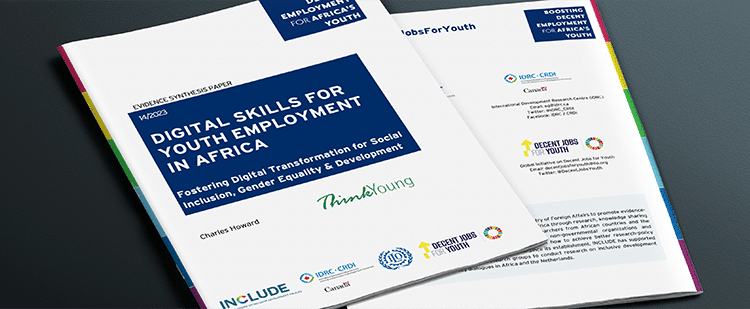
The African Policy Dialogue on women’s entrepreneurship and social protection in Uganda has published a Policy Brief on ‘Fostering rural women non farm household enterprises financing through local groups’. The key highlights from this Policy Brief area:
- Rural women entrepreneurs in Uganda face multiple challenges that impede their enterprise growth and expansion, despite pragmatic interventions from government and non-state actors to enhance entrepreneurship.
- Uganda’s female managed non farm household enterprises are micro and informal and largely offer a risk diversifying mechanism for households.
- The entreprises do not have access to formal credit due to lack of collateral and borrow from locally managed community or village credit associations.
- Uganda’s female non farm enterprises provide predominantly goods and services (trade) to the local economy, and are operated in most instances from within the household dwelling or the immediate surroundings.
- Due to numerous challenges, female non-farm entrepreneurship, especially rural based, does not contribute significantly to employment creation, transformative rural development or income growth.
Policy recommendations
- Encourage collective group financing (VLSAs, ROSCAs and MFIs)-to ease access to credit. This can be enhanced by establishment of women groups as an effective way of ensuring women participation and enterprise survival.
- The Uganda Women Entrepreneurship Programme (UWEP) should ensure that the distribution of funds is equitable by considering different women categories (urban, region, education level, and level of business enterprise).




